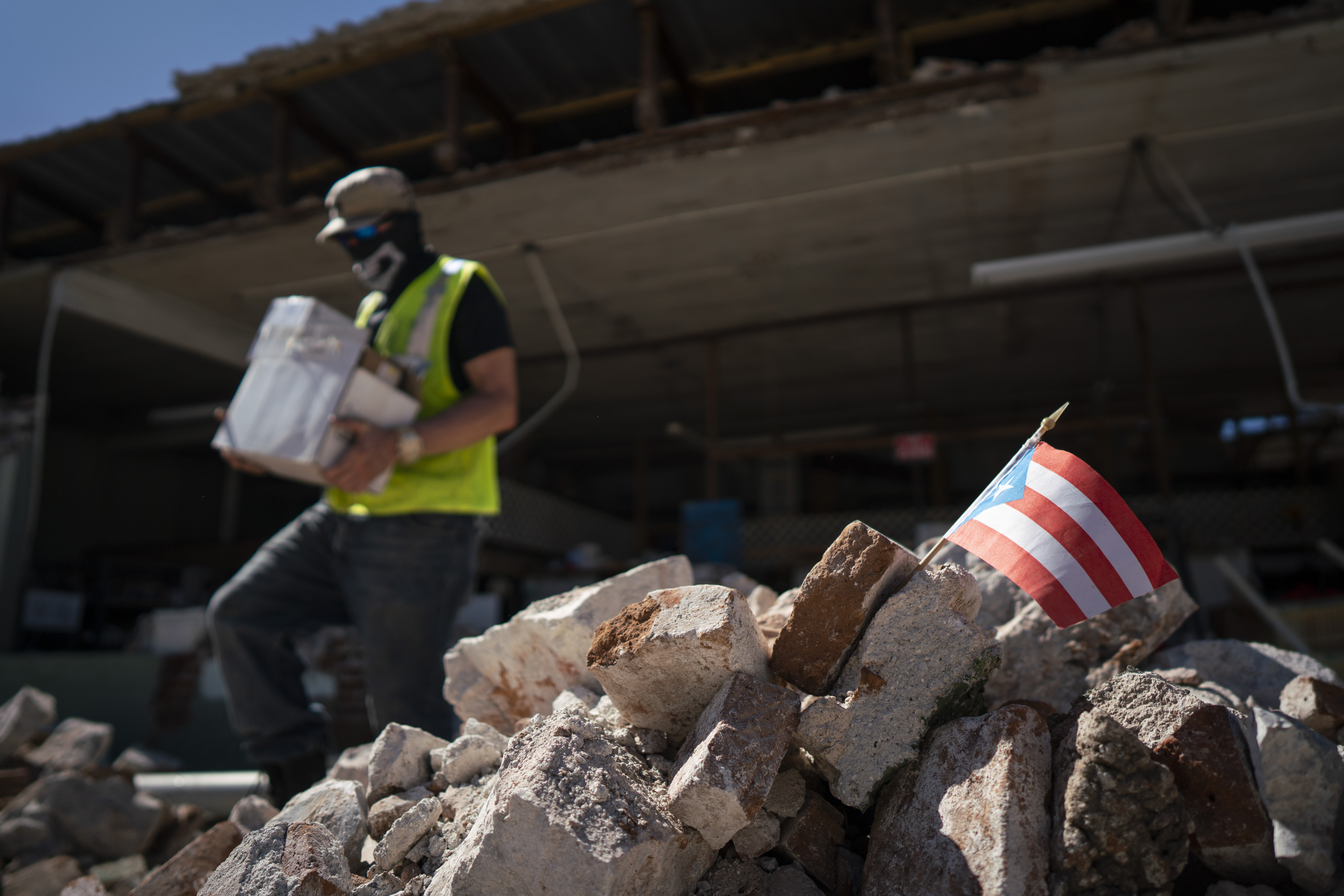
Hope for Puerto Rico's future
In the midst of struggle, “moments of true independence.”
If it is true that poets are, indeed, the “unacknowledged legislators of the world,” as Shelley claimed, then it makes sense that poetry is often all we have to make sense of the tragedies and chaos we witness in the world.
Puerto Rican poet Raquel Salas Rivera, Poet Laureate of Philadelphia, is one such legislator of their homeland of Puerto Rico, as they write of the complexities of Puerto Rican identity and community, and more.
In an excerpt of a recent poem, called "the independence (of puerto rico)," Salas Rivera describes a sense of unity that is itself a form of independence for the Puerto Rican people, which exists in defiance of Puerto Rico’s status as a colony of the United States:
“and in all things we are independent,
even in the most colonized hole of our porous fear;
even in the panadería most packed with papers that cover ads;
even in the corrosive act of saying we are only an island;
even that we have done looking each other in the face,
gathering cement blocks,
arming the neighbor’s storage rooms;
RELATED CONTENT
even from afar, it has been us
who has gone to the post office
and sent cans and batteries.”
In acts of individual sacrifice and collective response, Puerto Ricans in Puerto Rico, in Philadelphia, in New York City, in Florida, and beyond have achieved a kind of independence wrought from necessity - a power and determination to aid each other directly. Boricuas have, “even from afar,” worked together to send “cans and batteries,” and the necessities which have been denied many people struggling to recover from the devastation of Hurricane Maria in 2017, and now contending with the effects of the ongoing earthquakes hitting the southern part of the island.
According to Poets.org, Salas Rivera said that the poem speaks to the fact that “our supposed smallness, our vulnerability, and our tenderness mark moments of true independence, in which we have successfully broken away from our oppressors in order to experience our beauty in all its splendor.”
That relationship might represent the strongest hope for Puerto Rico going forward, encapsulated in a message which community organizer and activist Charito Morales shared at a Jan. 20 protest outside of Taller Puertorriqueño in North Philadelphia.
“The diaspora is listening and...we are ready for whatever we have to do for our brothers and sisters in Puerto Rico. You’re not alone, we’re not going to abandon you,” Morales said.










LEAVE A COMMENT:
Join the discussion! Leave a comment.